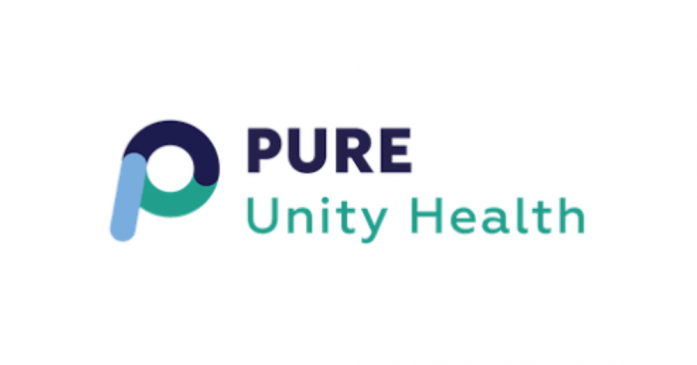Podcast: Play in new window | Download
Subscribe: Apple Podcasts | Email | RSS
Join us this week as we explore the transformative journey of Pure Unity Health with our insightful guests, Vicky Maskill and Adam Davies. Discover how Pure Unity Health has grown into a leading provider of first contact physiotherapy services across the UK. Vicky and Adam share their experiences of delivering high quality services and maintaining robust data reporting, while highlighting the importance of building strong relationships with PCNs. The conversation also explores their innovative health coaching initiatives, including the integration of pain cafes and community based coaching through PCNs. Plus, they discuss new QOF targets around cardiovascular disease, and the vital role of behaviour change and lifestyle coaching in improving patient care and supporting NHS preventative strategies.
Introduction (00:09)
Pure Unity Health (00:59)
What have you learnt from working with PCNs? (02:09)
How can you supply physiotherapists when PCNs are struggling to recruit themselves? (04:38)
Third party providers (06:25)
How it works in practice.. (12:33)
Locally owned.. (14:30)
Helping PCNs and practices with new QOF targets (17:58)
Getting in touch.. (20:33)
Visit the Pure Unity Health website here.
Contact Vicky directly here.
For all enquiries about the Ockham podcast, please contact Ben Gowland here.




